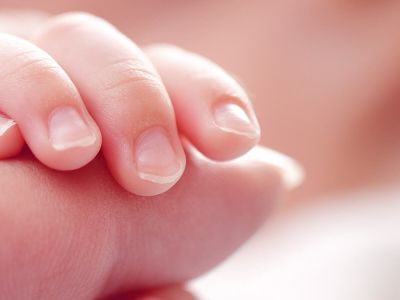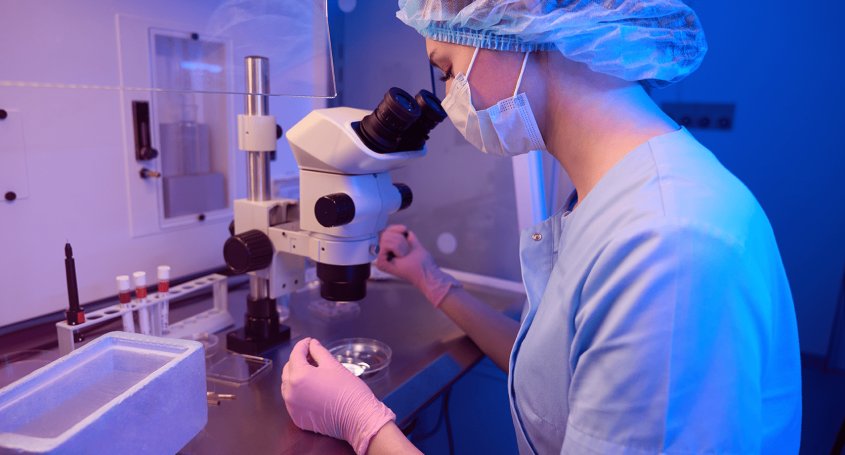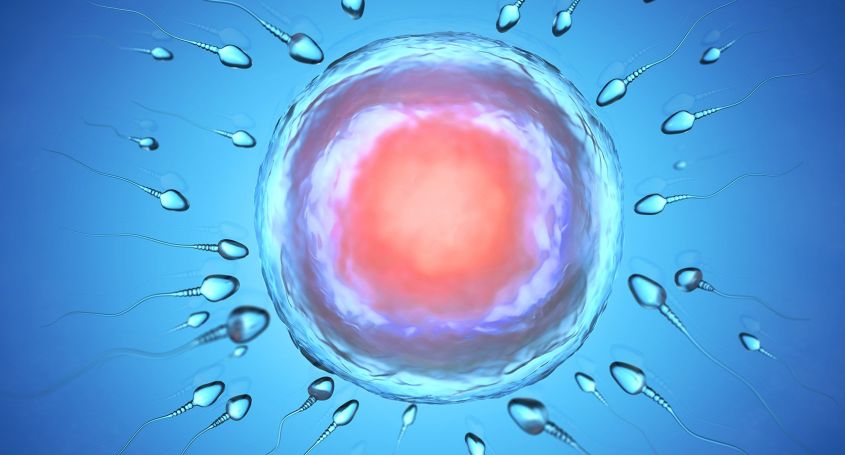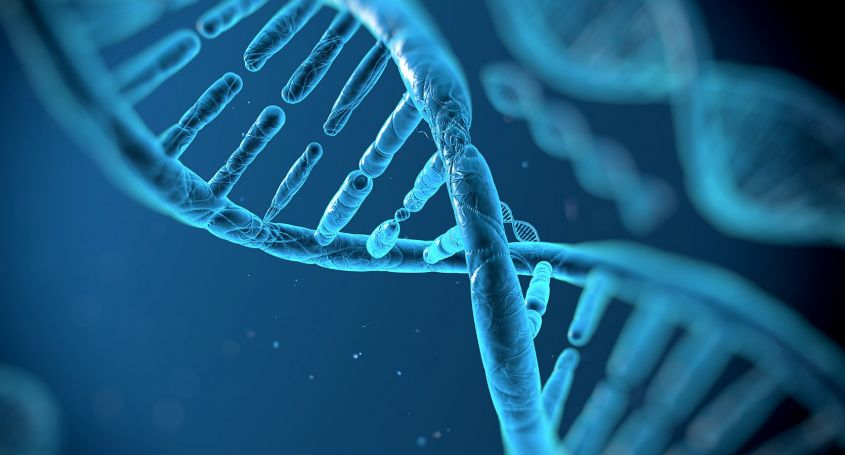06 / 11 / 2014
In vitro fertilisation (IVF) is the treatment of assisted reproduction with the best chances of success. In many cases it is the definitive treatment that is resorted to getting pregnant.
In vitro fertilisation – What does it mean?
The process of in vitro fertilisation (IVF) can be divided into 4 steps:
1. Ovarian stimulation:
In vitro fertilisation (IVF) is pursuing the development of many follicles by stimulating the ovaries with hormones. This phase usually takes about 8-10 days during which about 3 ultrasound controls should be performed.
2. Egg retrieval:
It is performed in the operating room under sedation, a type of very mild anesthesia, allowing the patient not to notice the procedure. Its average duration is 20 minutes and the recovery time is very quick, the patient can return home after about 2 hours already.
3. Fertilisation and embryo culture in the laboratory:
The obtained oocytes are subjected to the in vitro fertilisation technique called ICSI. Using this technique, a sperm is microinjected into each oocyte. The resulting embryos will be left to evolve in a special culture medium inside of an incubator that will provide the environmental conditions which are necessary for the embryos’ development. We currently have an incubator of the newest technique called Embryoscope. It allows us detailed monitoring of the embryos' development, thanks to an installed camera that captures multiple images per hour. This information is very useful for the biologists when it comes to assess the quality of the embryos and to decide which ones are to be transferred.
4. Embryo transfer:
It can be performed in various stages of the embryos’ development. The best option is to wait until the embryos have reached the blastocyst stage which allows us a better selection of the embryos, increasing the pregnancy rate. The embryo transfer is done on an outpatient basis by passing a catheter through the cervical canal to place the embryos in the cavity.



















